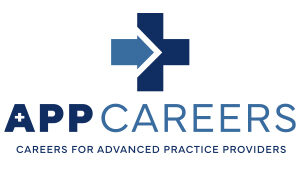Entering the workforce as an Advanced Practice Provider (APP) is an exciting yet challenging transition. Whether you’ve recently graduated from a nurse practitioner, physician assistant, or clinical nurse specialist program, the first job can feel overwhelming.
However, with the right preparation and mindset, you can set yourself up for success in your new role. Here’s a comprehensive guide to help you navigate this pivotal moment in your career.
1. Understand the Role of an Advanced Practice Provider
Before stepping into your first job, it’s crucial to have a clear understanding of what an APP does. Advanced Practice Providers are crucial in delivering high-quality patient care. They have the authority to diagnose, treat, and manage patient care independently or in collaboration with physicians. Familiarize yourself with the specific responsibilities that may vary based on your specialty, state regulations, and the healthcare setting you’ll be working in.
Key Responsibilities May Include:
– Conducting patient assessments
– Developing and implementing treatment plans
– Performing procedures and interventions
– Educating patients about their health conditions and treatments
– Collaborating with healthcare teams
2. Research Your Employer
Once you’ve secured a position, take the time to research your new employer. Understanding the organization’s mission, values, and culture will help you integrate into the team more smoothly. Look into:
– The healthcare facility’s patient demographics
– The services they provide
– The team dynamics within your department
– Recent news or developments about the organization
3. Prepare for Onboarding
The onboarding process is designed to acclimate you to your new workplace. However, being proactive can make this experience less stressful. Here’s how to prepare:
Review Policies and Procedures:
Familiarize yourself with the organization’s policies, including documentation standards, patient privacy laws, and emergency protocols.
Complete Required Training: Ensure you complete any pre-employment trainings or certifications that may be required, such as CPR or specific software training.
Organize Your Credentials:
Gather and organize all necessary documents, such as your license, certifications, and any other paperwork required by your employer.
4. Connect with Your Colleagues
Building relationships with your coworkers can greatly enhance your job satisfaction and support network. Here are some tips for making connections:
Introduce Yourself: Take the initiative to introduce yourself to team members, including nurses, physicians, and administrative staff.
Ask for a Mentor: Seek out a more experienced APP or physician who can provide guidance, answer questions, and offer support as you transition into your role.
Participate in Team Meetings: Attend departmental meetings and participate actively. This will help you understand team dynamics and ongoing projects.
5. Develop Clinical Skills
While you’ve acquired a solid foundation during your training, the first job is where you’ll hone your clinical skills. Here’s how to continue your development:
Seek Opportunities for Hands-On Experience: Be proactive in volunteering for procedures or patient interactions that will enhance your skills and confidence.
Request Feedback: Regularly seek feedback from supervisors and colleagues to identify areas for improvement and celebrate your successes.
Stay Current: Keep up with the latest research and advancements in your field. Consider subscribing to professional journals or joining relevant forums.
6. Manage Your Time Effectively
Time management is critical in healthcare settings where the pace can be fast and unpredictable. Here are strategies to help you manage your workload efficiently:
Prioritize Tasks: Learn to prioritize patient care tasks based on urgency and importance.
Utilize Technology: Familiarize yourself with electronic health record (EHR) systems and other technologies that can streamline your workflow.
Set Boundaries: Establish a routine that allows you to maintain a work-life balance, preventing burnout early in your career.
7. Embrace Learning
The healthcare field is constantly evolving, and as an APP, you’ll need to commit to lifelong learning. Consider the following:
Continuing Education: Stay updated with continuing education opportunities, certifications, and workshops relevant to your specialty.
Join Professional Organizations: Becoming a member of professional organizations can provide access to resources, networking opportunities, and educational events.
8. Focus on Patient-Centered Care
As an APP, your primary goal is to provide high-quality, patient-centered care. Keep the following principles in mind:
Listen: Take the time to listen to your patients’ concerns and preferences, ensuring they feel valued and understood.
Involve Patients in Decision-Making: Encourage shared decision-making by discussing treatment options and respecting patients’ choices.
Practice Empathy: Show compassion and empathy in all interactions, which can significantly impact patient satisfaction and outcomes.
Preparing for your first job as an Advanced Practice Provider is a multifaceted process that involves understanding your role, researching your employer, and developing clinical skills.
By adopting a proactive approach and fostering a commitment to lifelong learning, you’ll not only succeed in your new position but also lay the groundwork for a fulfilling healthcare career. Remember, every experienced APP was once in your shoes, so embrace this journey with confidence and enthusiasm!


